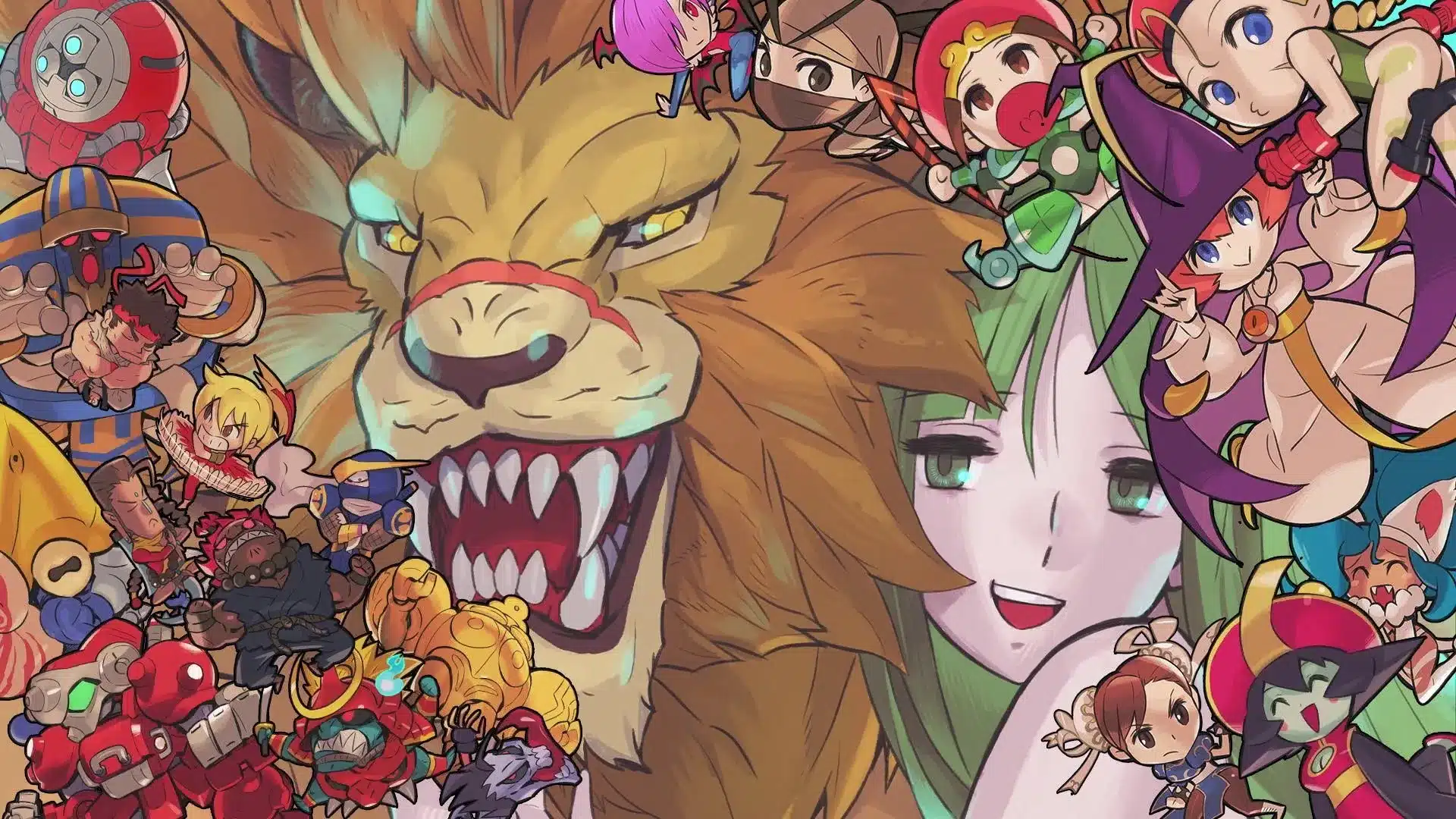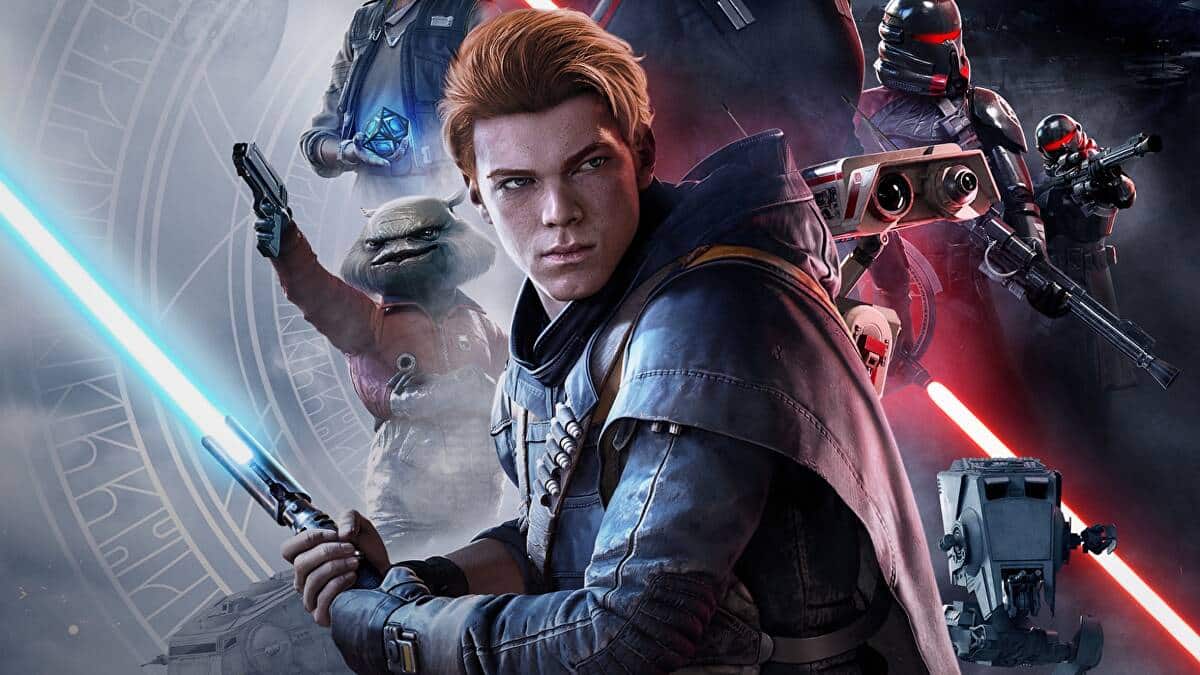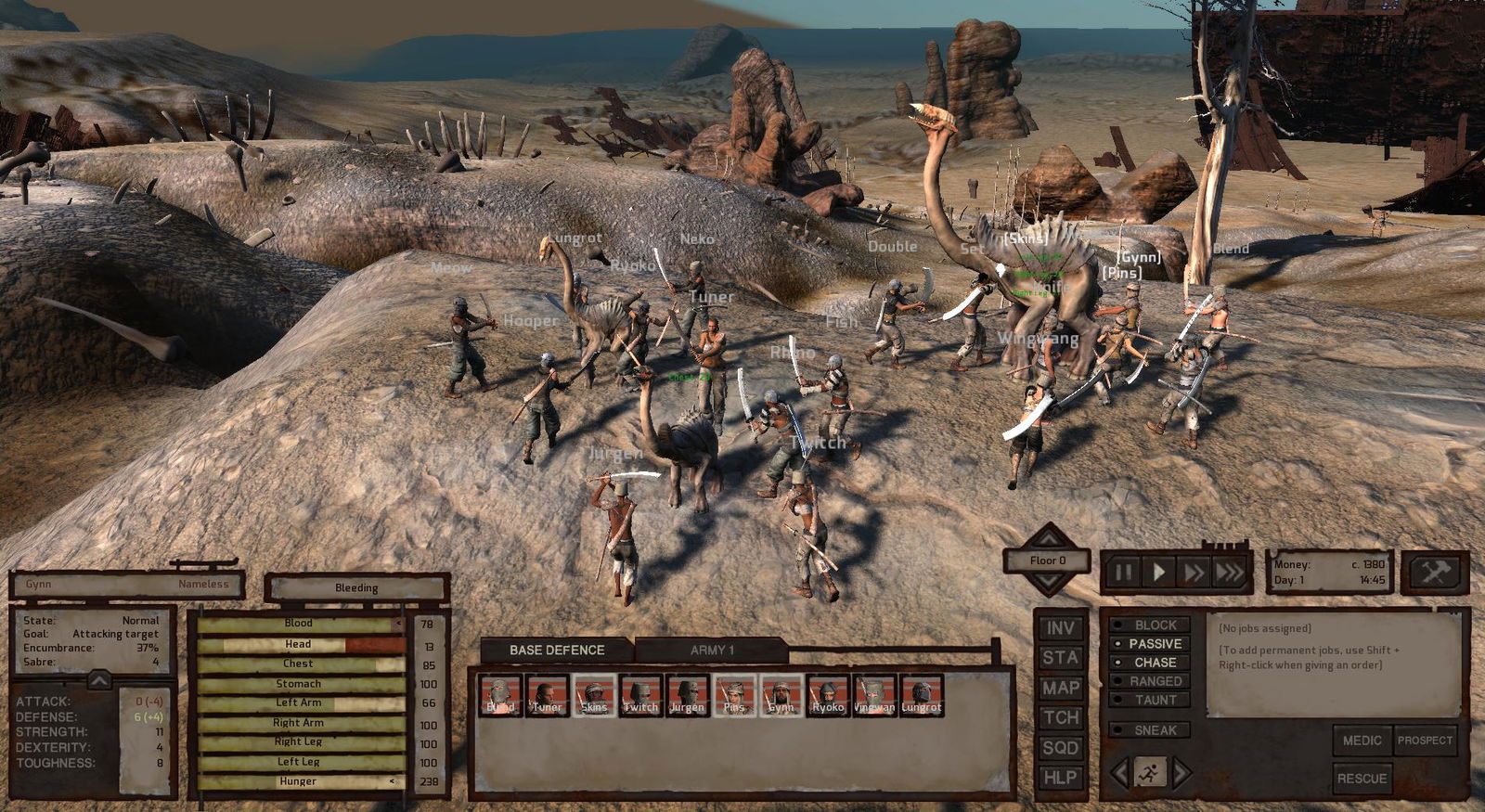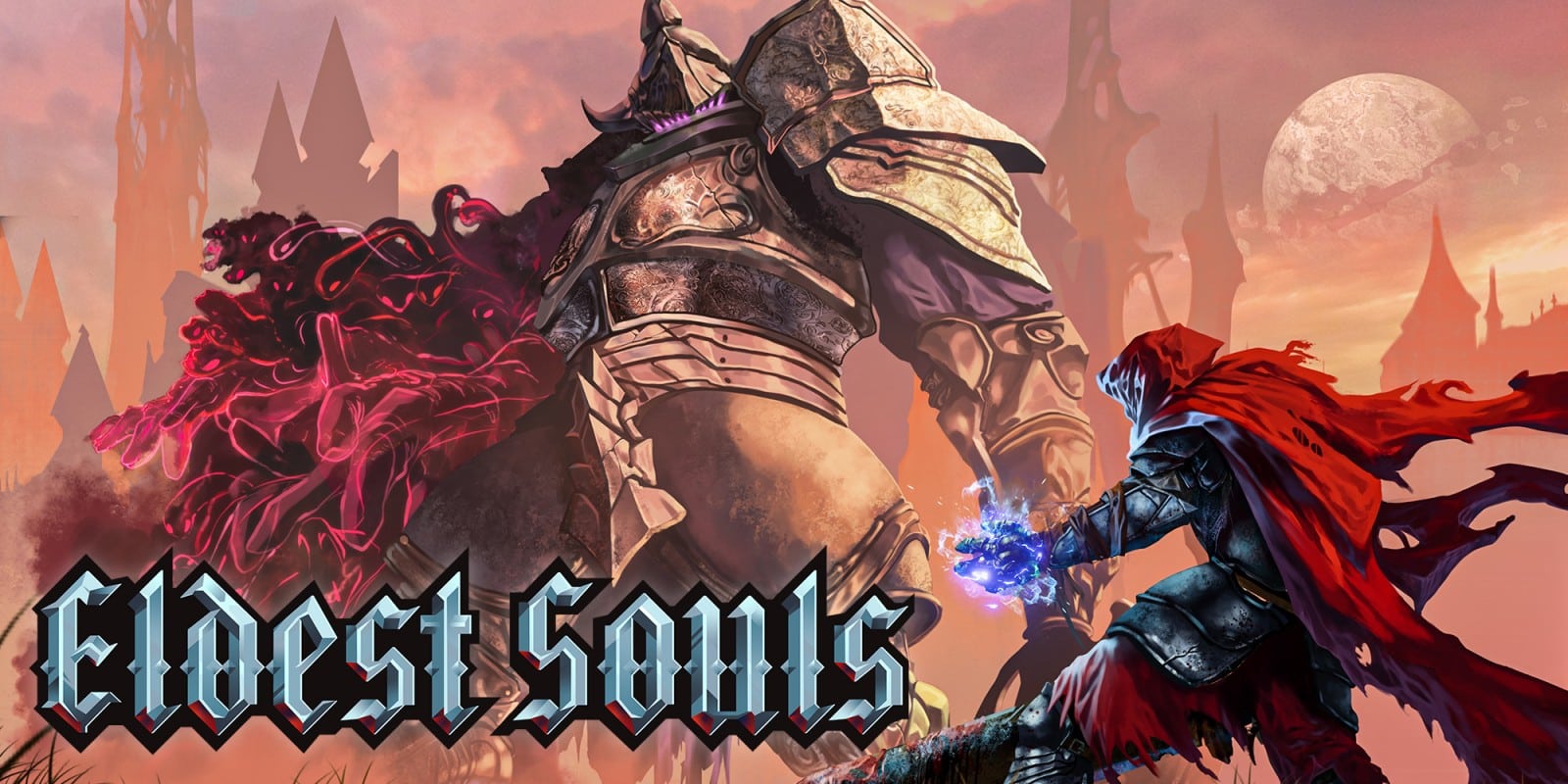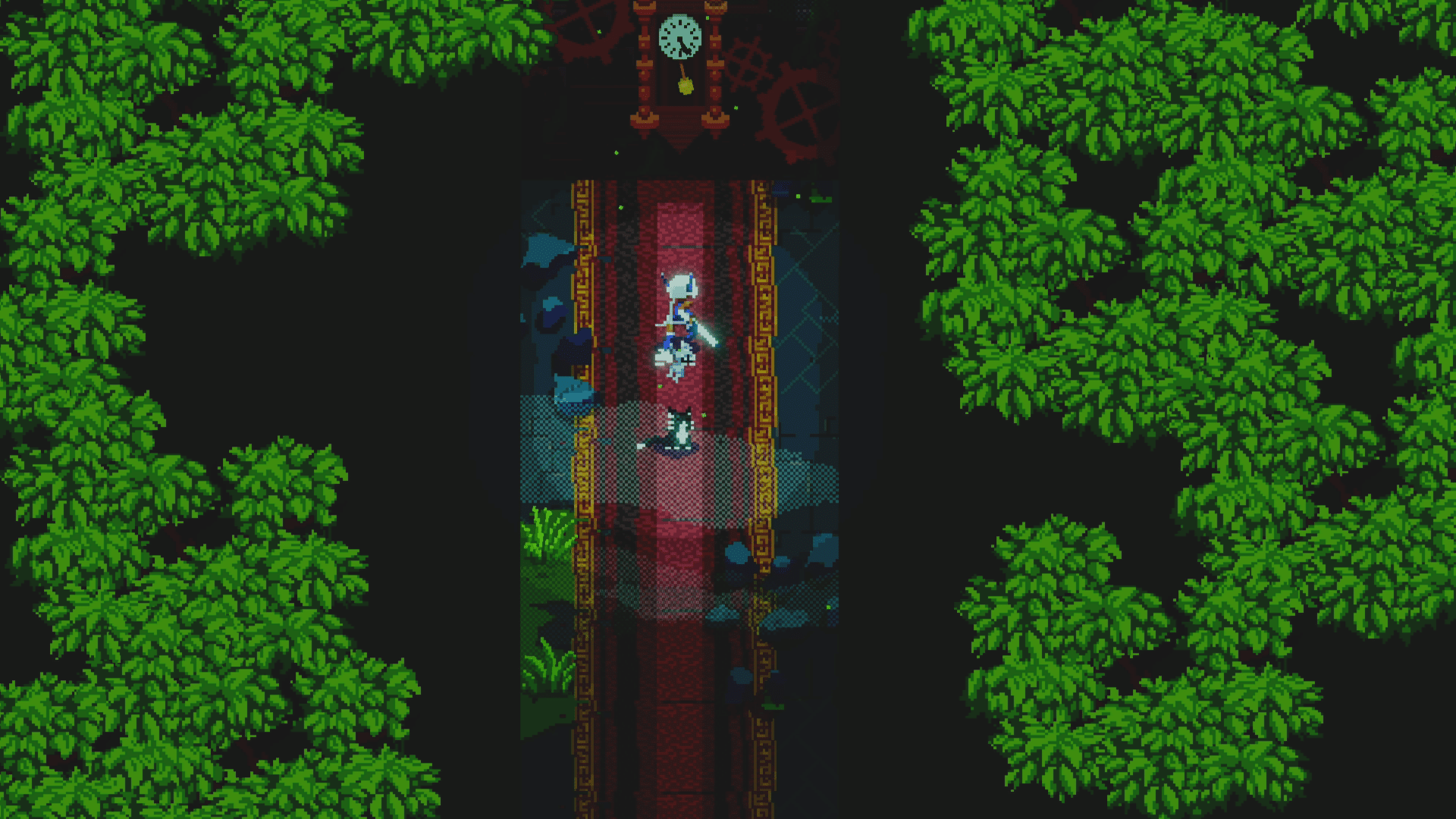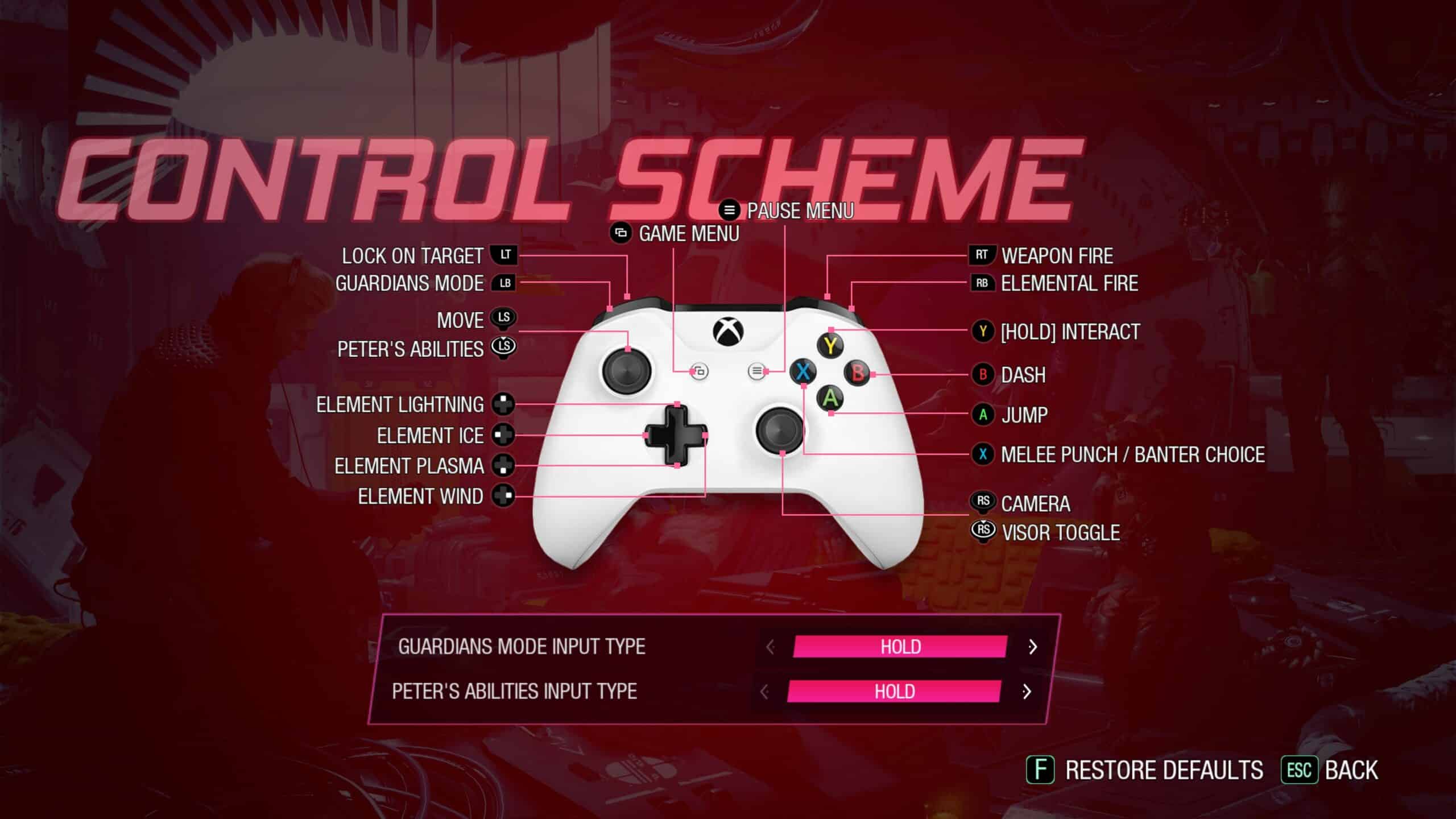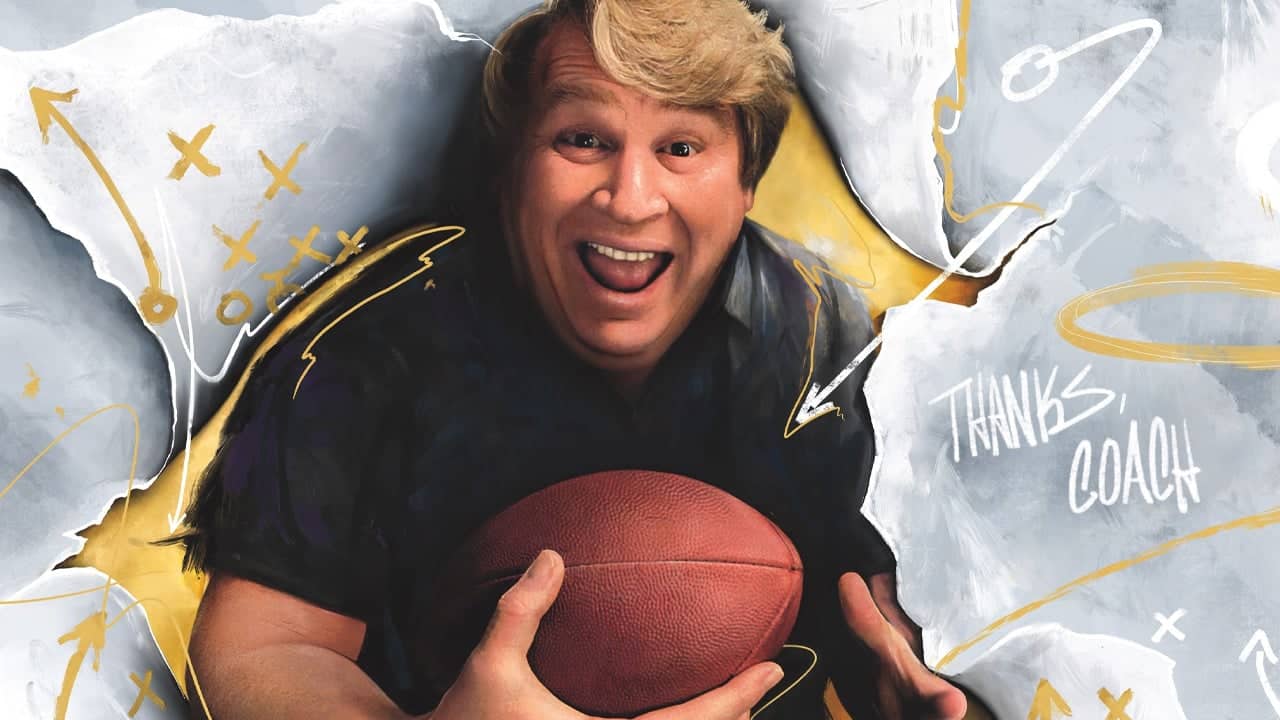Ports have been around for almost as long as gaming itself. The idea of taking a beloved thing from one platform or experience to another is certainly one that resonates with players, especially when the name Bloodborne is mentioned. Some of these have more value than others, with Capcom Fighting Collection fitting in a weird niche that matches what we’ve recently seen from NIS America and their Prinny Presents titles. With Capcom Fighting Collection combining a bunch of notable fighting games with new features, improvements and more, is it worth checking out or do these titles belong in the past?
The reason I compared Capcom Fighting Collection to the Prinny Presents titles has to do largely with their legacy. Regardless of how influential they originally were, most of these games exist as the source for a character that is more notable from a crossover. The most notable example of this is Jin Saotome, who hails from Cyberbots: Fullmetal Madness, which is one of the included games, but most will recognize him from Marvel vs Capcom 2. Speaking of my childhood, Super Puzzle Fighter II Turbo, which is another game included, had the unusual choice of Devilot, another character that comes from Cyberbots: Fullmetal Madness. These are far from the only examples, but it’s what makes this collection so interesting. It includes some lesser-seen titles, with a couple of staples to ensure players get some kind of value from it.
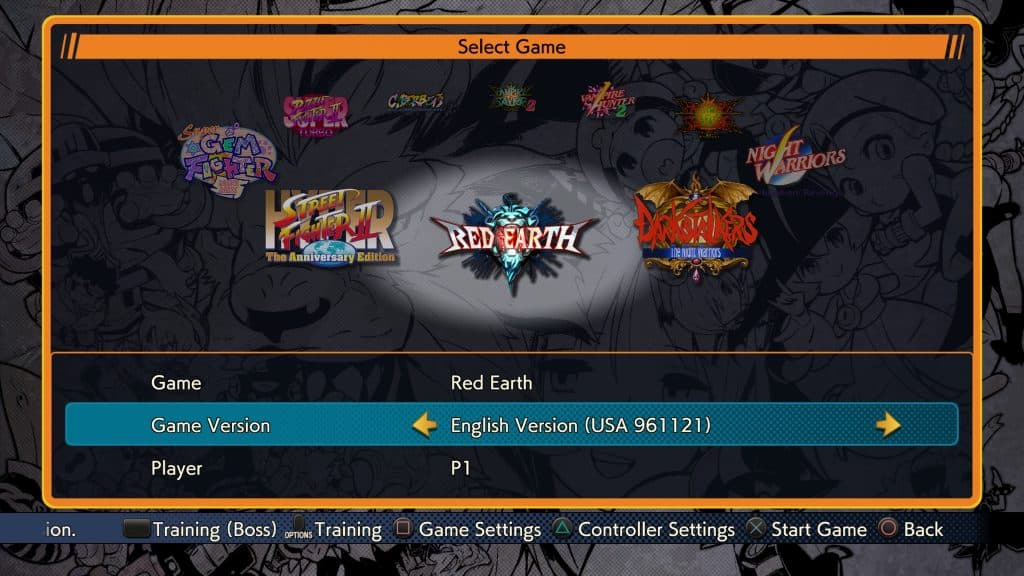
Main Screen Where Players Can Select Mode, Version, Player, Settings and More for Each Game
Before loading any of the games, one of the most interesting addition is the ability to edit settings. Most of these games seem to default around where the arcade version originally was, with the ability to go higher or lower. These generally start at two or four and can go up to eight total stars, though the change seems to be more how much damage do you take than an actual difference in the AI. Depending on the game modes and settings, rounds, damage dealt and other elements can be changed so anyone of any skill level can potentially finish these games. It also allows players of immense skill the ability to give the AI a substantial handicap to see if they have what it takes to win as well. A small touch that I genuinely appreciate is most of the secret characters start with “easy” unlocks, though the option to enable the original input method or in some cases disable a character also exists. Players can also change region and player orientation if they prefer a different version. With that being said, let’s talk about the included games.
The most notable game included in Capcom Fighting Collection is one I haven’t already mentioned, Red Earth. It has an interesting history, with the characters appearing in titles from time to time. Tessa you might recognize from Pocket Fighter, another included title, or SNK vs. Capcom: SVC Chaos, with Leo, Kenji, Hydron, and Hauzer appearing in Capcom Fighting Evolution and countless other cameos over the years. With the ability to play this or the Japanese version, Wizard, it’s a delight to see one of the more unusual fighting games Capcom released.
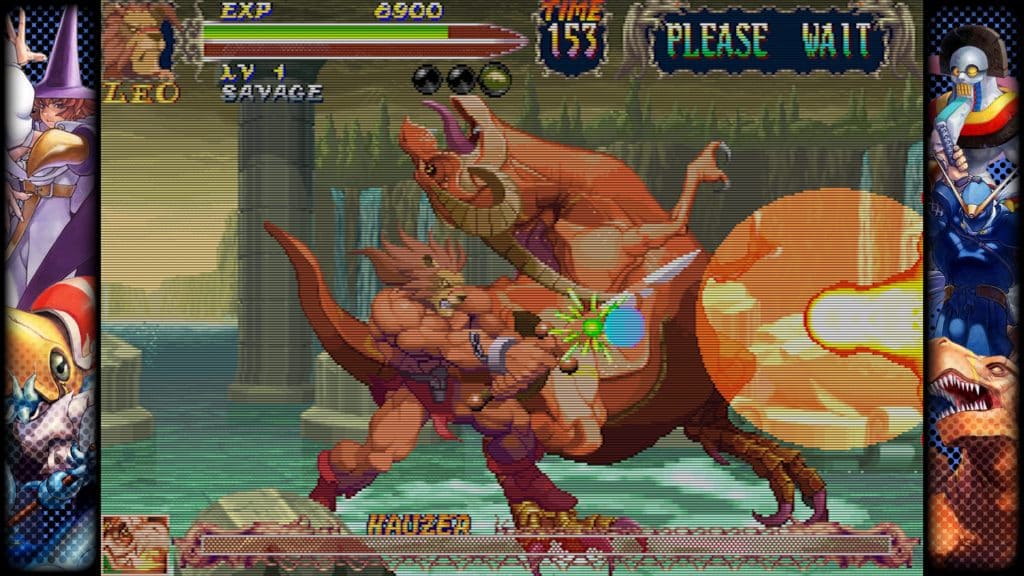
Unlike most traditional fighters, players have the ability to play as four-character who need to defeat various bosses for one reason or another. What makes it stand out is none of the bosses are playable, often with really unique and different designs, and characters have alternate endings depending on conditions and possibly even an ending choice. Even if the title is a delight visually or for Capcom fans who never had a chance to experience it, I would say it’s not the most user-friendly title around.
What makes it stand out is it’s really closer to a 2D adventure game than a fighter. Players don’t have much in ways of combos, so most of the fighters are waiting for one of the bosses to attack and punish them. Over time players can also level, unlocking additional skills, something that rewards skilled gameplay over desperate mashing. Even if Red Earth is not your cup of tea, it’s absolutely worth giving the full campaign a run and checking out some of the unusual endings.

Two Infamous Characters Clash
Another weird entry is Cyberbots: Fullmetal Madness. As previously mentioned, most players know of this game through crossover characters Jin and Devilotte, so you might be surprised to learn the fighters are actually mechs. Jin, Devil and the rest are merely pilots with stories who control one of the 12+ units. The cool thing about this is each of the units has the same basic logic, there are ranged attacks, things can overheat/parts can break off, with each having its own play style. Some are more forgiving than others, but the nice thing is players can experience each story using various different units for an advantage or just the same unit to guarantee success.
Joining them are five different versions of Darkstalkers. As a massive fan of the franchise, I am delighted to see them make some kind of return and are great fighters for anyone who missed one of the various other opportunities to play them. Most of these characters are monsters with their own story and archetypes. They also play rather similarly to Street Fighter, going so far as to have several direct parallels, which should offer a fair amount of variety. These remain fun, though some of the earlier versions will likely be harder to play due to dated mechanics and ideas, like limited-time super attacks or limited characters.

In the event you end up disliking these seven titles, there is still Hyper Street Fighter II: The Anniversary Edition and Super Puzzle Fighter II Turbo. These are two games players should be familiar enough with to just say they retain their original experiences and are still enjoyable.
Finally, there is Super Gem Fighter Minimix, which is one of the weirdest included titles. The title takes the chibi designs and gems found in Super Puzzle Fighter II Turbo and adapts them to a fighting game. What makes it work isn’t really the mechanics as much as the playfulness of it. A lot of characters appear in the background, with many characters having moves that are either humorous or reference another franchise. These include Akuma having a combo where he turns into a swimmer, Felicia turning into various Capcom characters like Mega Man, various other Darkstalkers to even Blanka’s lightning attack, and more. It’s a cute game that, even if you hate the more party-heavy mechanics, the novelty will add something.

Some of the Endings are Really Something
As with all games, there are some notable downsides to Capcom Fighting Collection as well. While players can make a quick save at a certain part, players are only given one quick slot. Another is that a lot of these games are pretty dated. Most still play perfectly well, they just aren’t quite what a lot of players would expect from a fighting game. This will likely hurt the online potential for a lot of them, as will certain weaker entries. Many of these games are also before the days of long combo strings, something that might not resonate with newer or certain fans.
Capcom Fighting Collection Review Verdict
Capcom Fighting Collection: The important thing about Capcom Fighting Collection is the ability to play things like Red Earth. Regardless of how good or bad any of these games are, it's great to see these experiences live on and players can finally see some of the more obscure source materials. This, with the Darkstalkers games and two mainstays, makes it a rather safe investment. In all and all, it does what you'd want, makes some small, but positive changes to the experience and adds online. – Grant
[Editor’s Note: Capcom Fighting Collection was reviewed on PS5 and a copy was provided to us for review purposes.]

